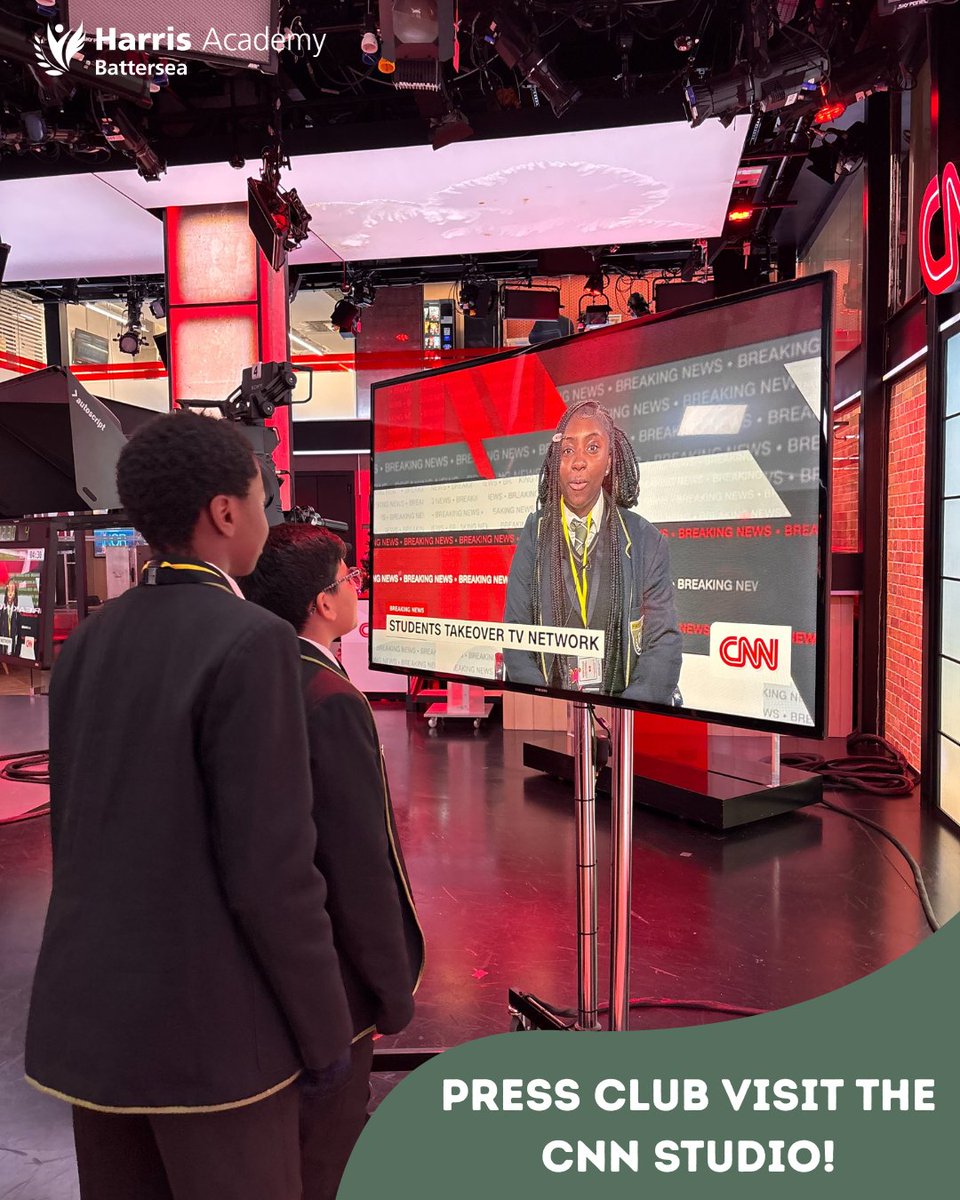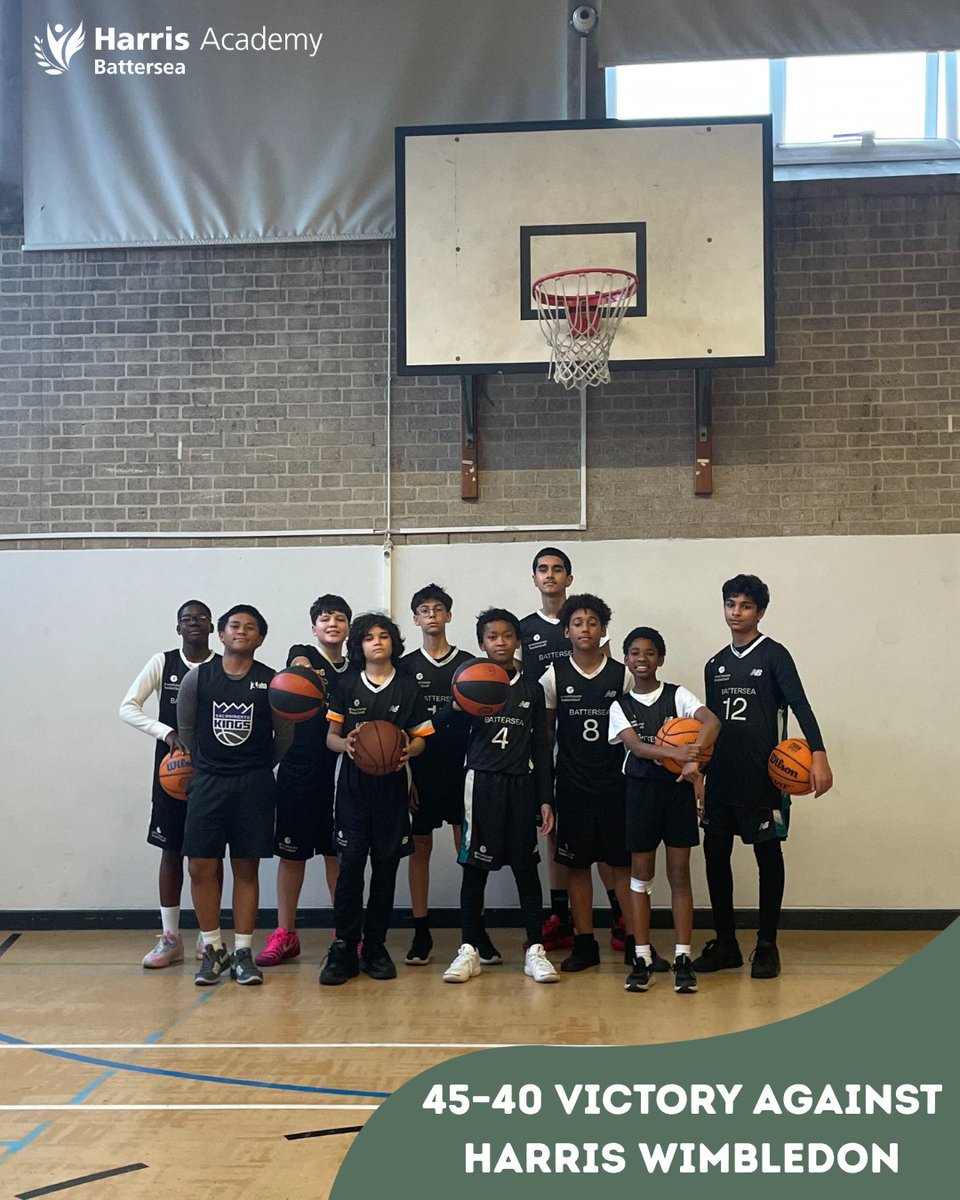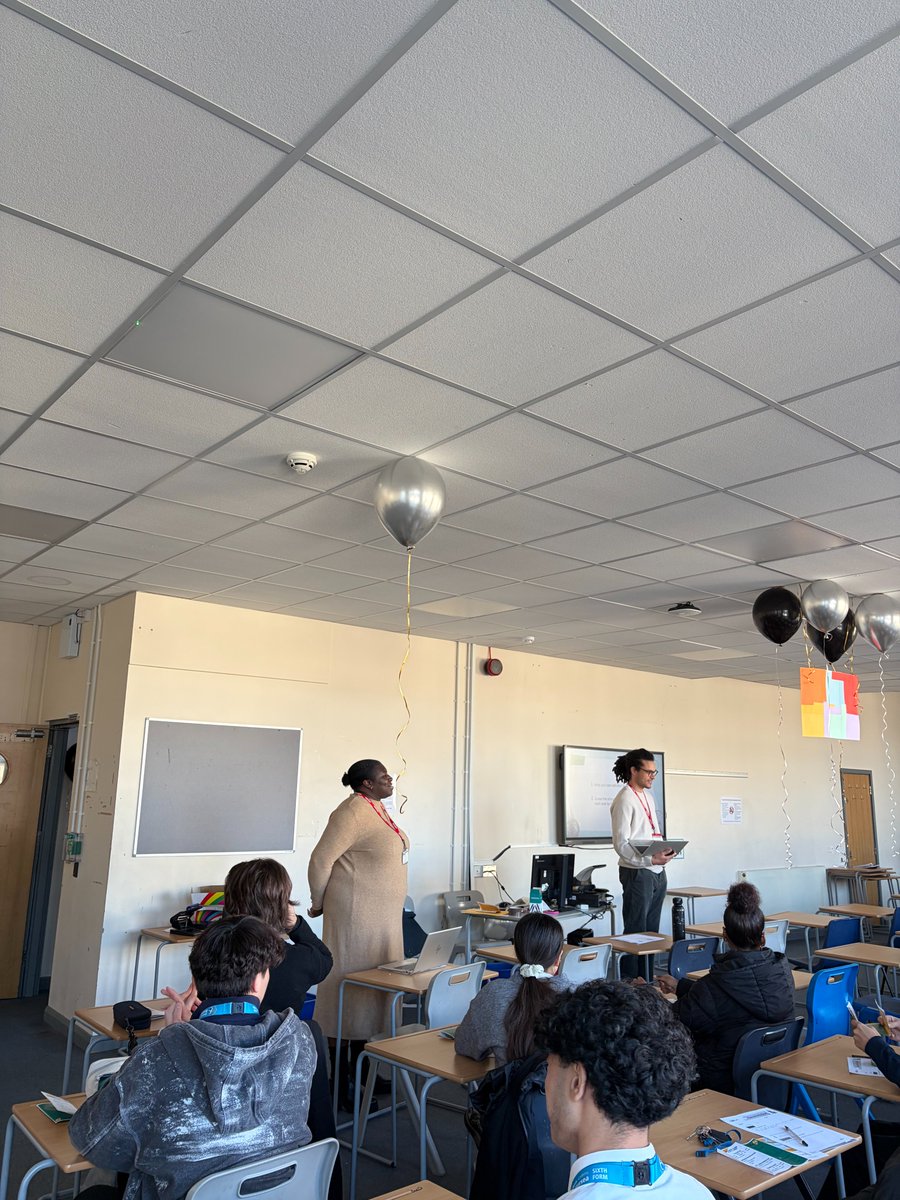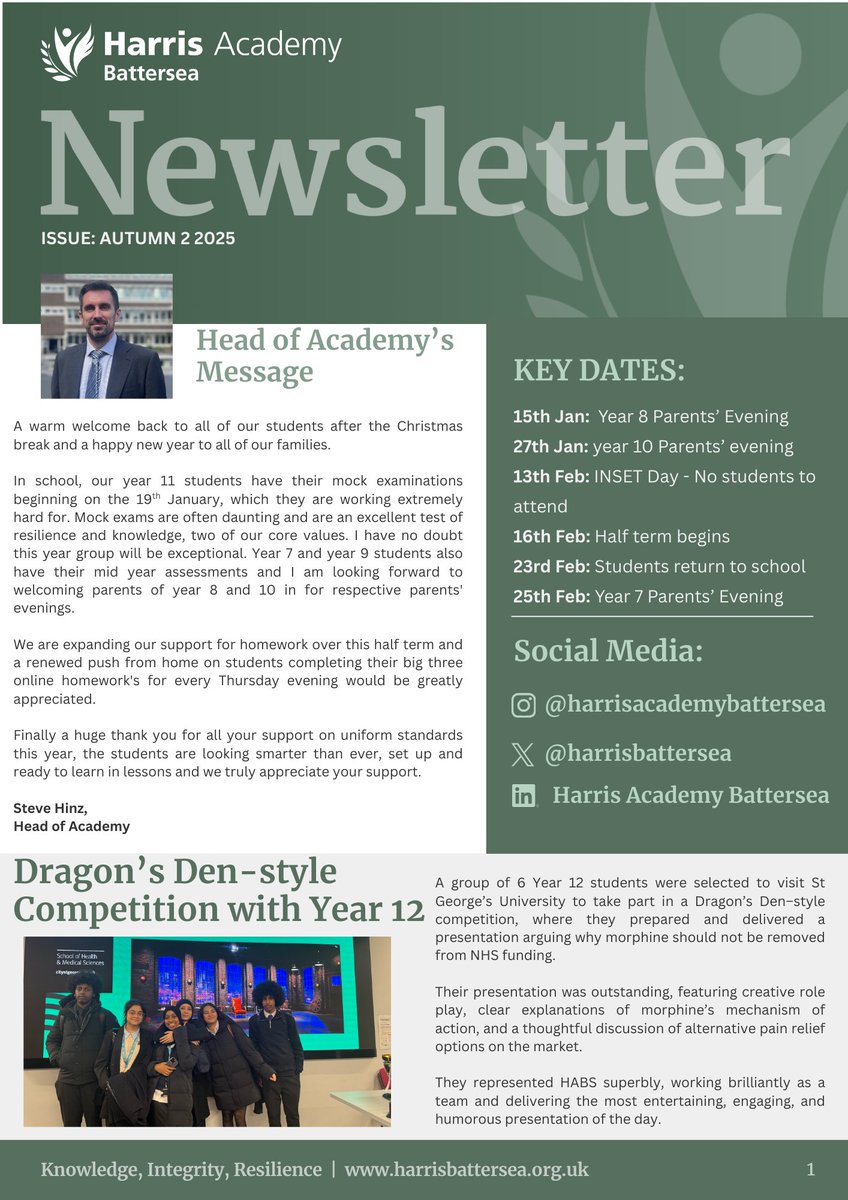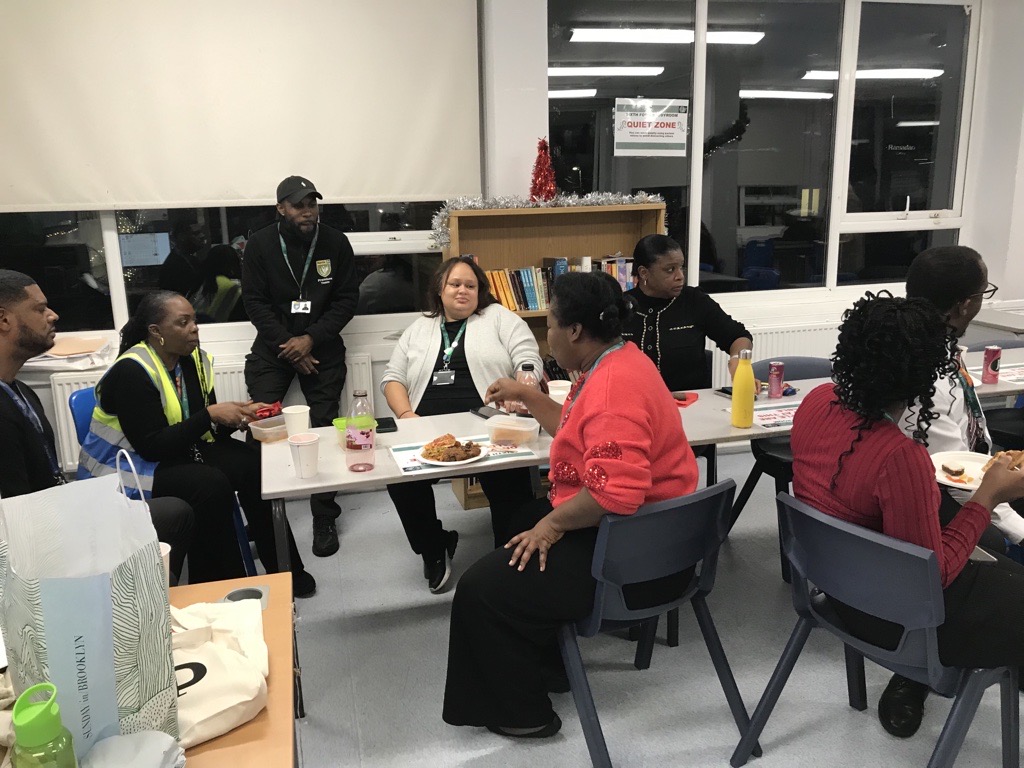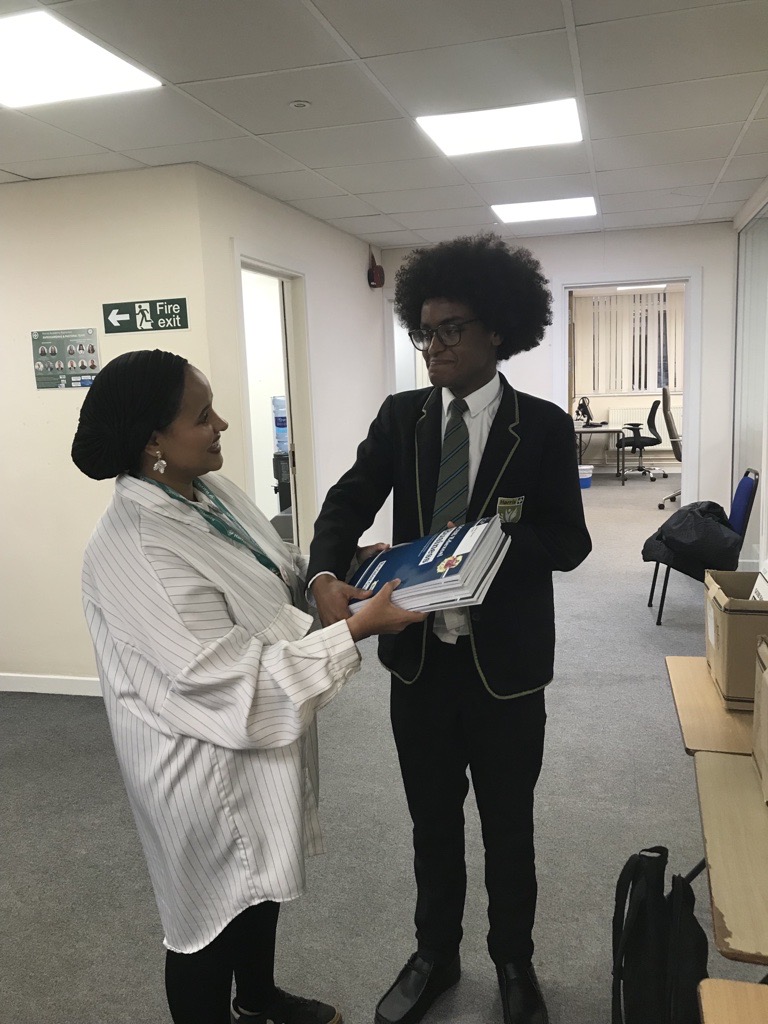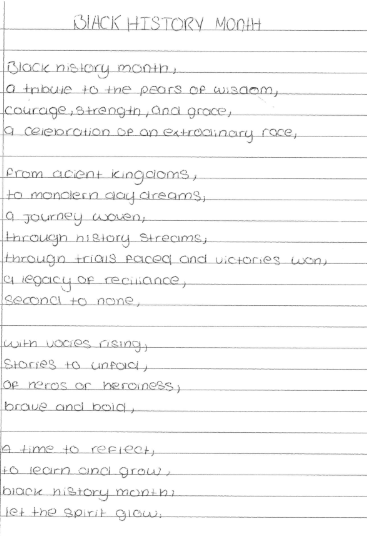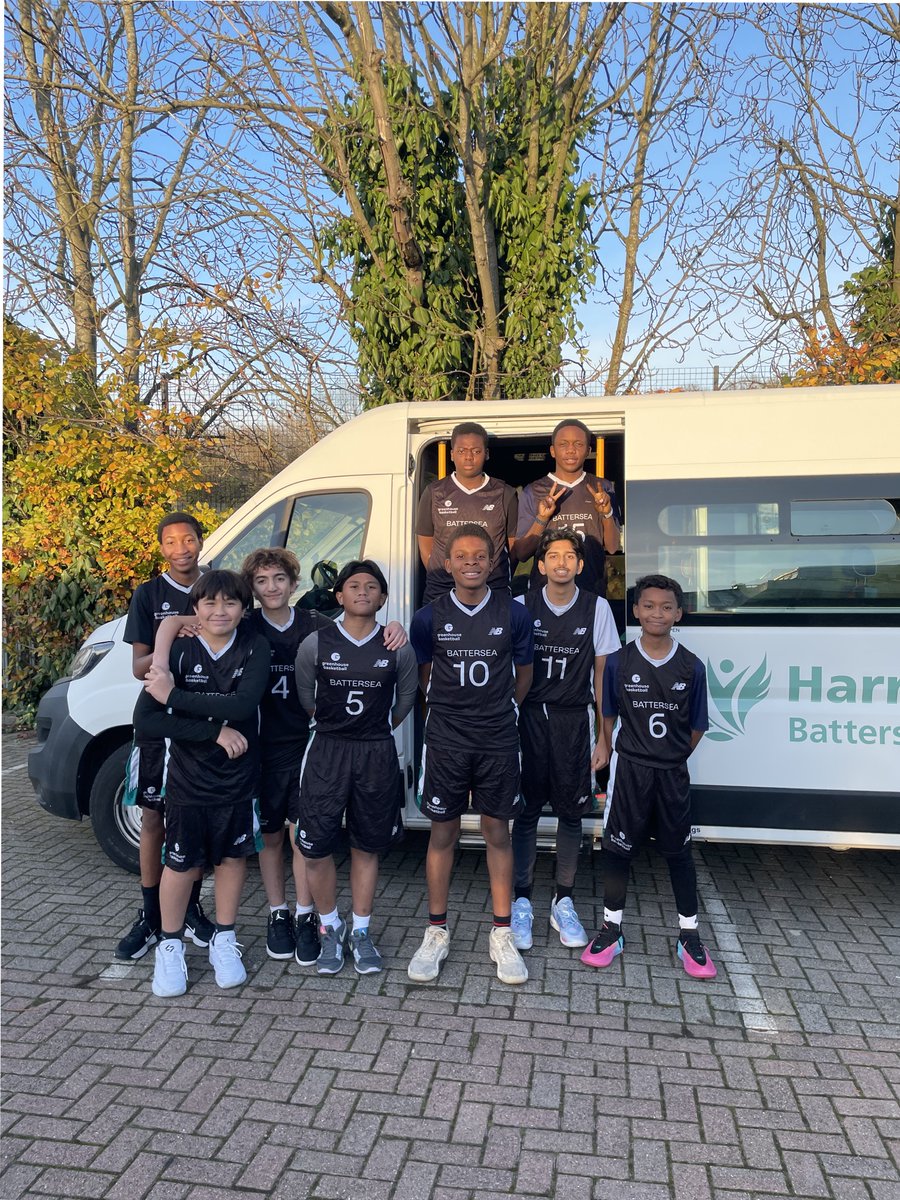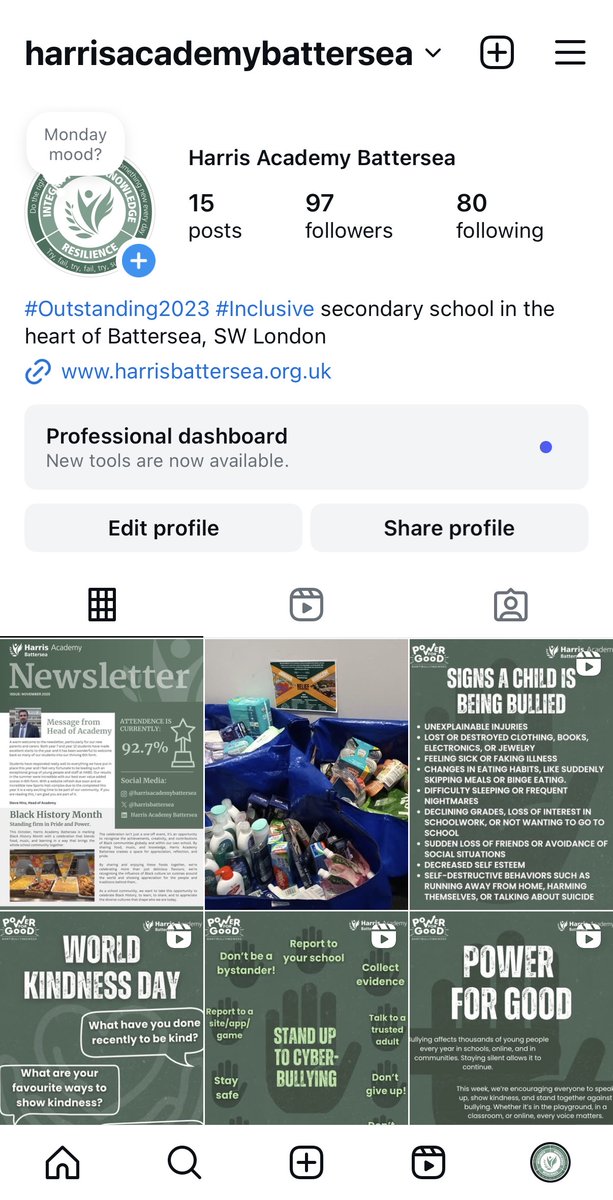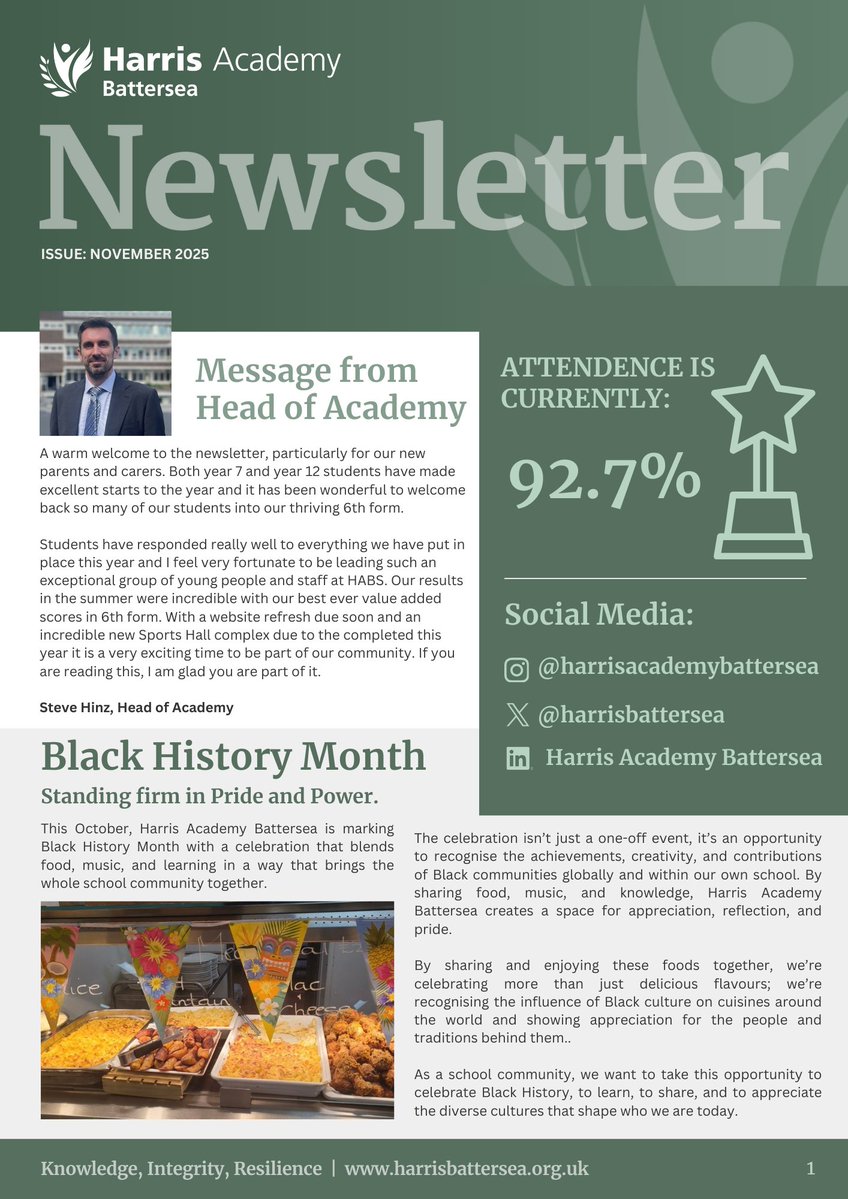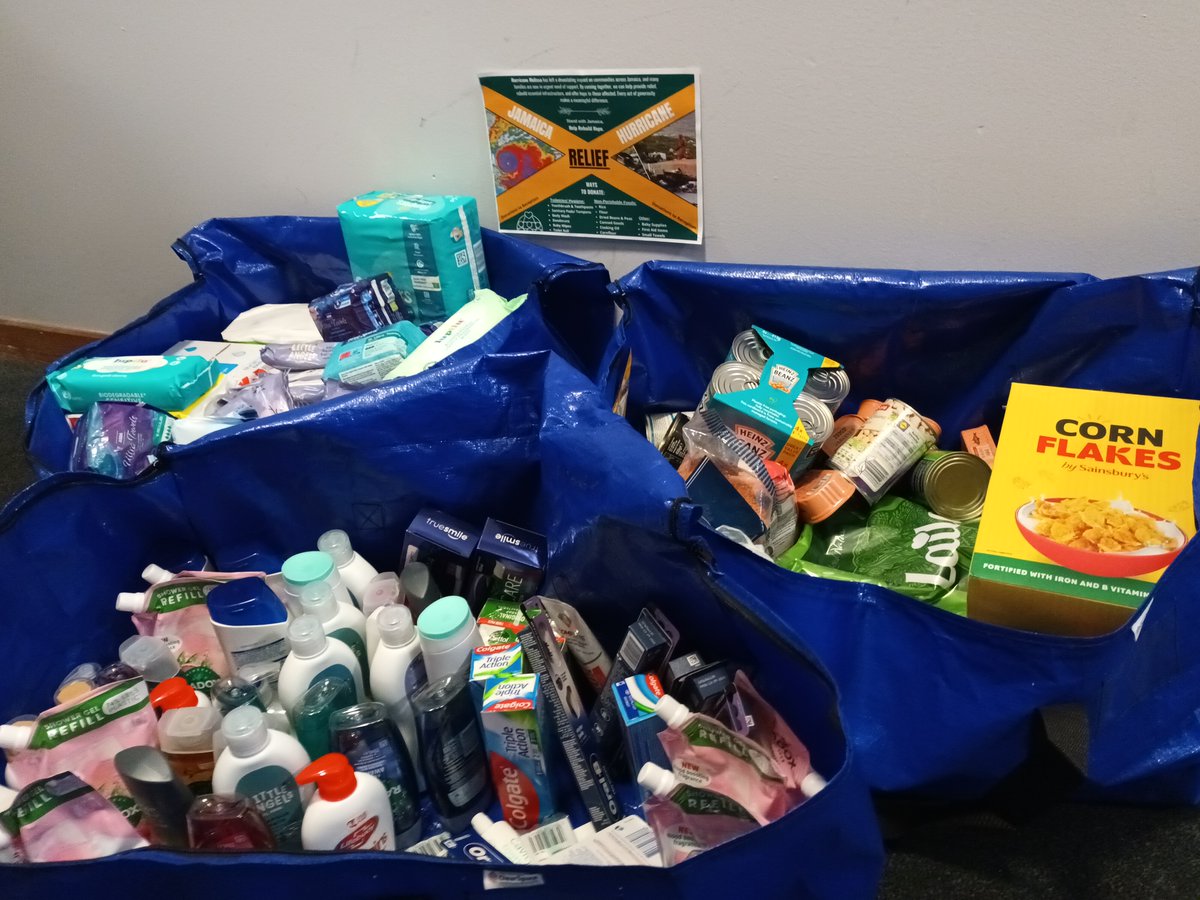Safeguarding
The Academy is committed to the vital contribution all governors and staff can make to safeguarding children. We will strive to make sure that every student in the Academy feels secure, well cared for and able to reach their full potential.
We will ensure all our own staff, other professionals, parents/carers and students work together to know the rules about keeping children safe. They will understand the importance of following procedures and listening to each other, especially when there are concerns about safety.
The Academy will work hard to reduce all the kinds of harm that children can suffer, including abuse, bullying, discrimination and avoidable injuries. If you have any concerns about the safety or welfare of a child please do not hesitate to contact us.
Our LGBTQ+ commitment statement can be found on the Equalities page.
The Academy Lead Designated Child Protection Officer is Ms Shannon Cambridge
The Deputy Lead Designated Child Protection Officer is Ms Helena Robson.
The Prevent Lead is Mr Steven Hinz
The contact details are: telephone: +44 (0)20 7622 0026
To report safeguarding concerns: Please contact our Designated Safeguard Lead, Ms Shannon Cambridge, on +44 (0)20 7622 0026 or email Safeguarding@harrisbattersea.org.uk
If you have a safeguarding concern during any period the academy is closed, please call Wandsworth Children's Social Care on 020 8871 8999 (out of hours) or email Mash@wandsworth.gov.uk. More information you can find at https://www.wandsworth.gov.uk.
If you think a child is in immediate danger or in the event of an emergency, please call 999.
Safeguarding poster
Our safeguarding poster pictured below is displayed in every classroom and key places around the academy. This is to ensure that every stakeholder connected to the academy can approach key staff (and any member of staff) to share any safeguarding concerns. Our staff also have out of hours safeguarding cards on which are contact details of the senior safeguarding team and external agencies. This is for use if issues come to light outside of normal school hours.

 SHARP Safeguarding System
SHARP Safeguarding System
HABS uses the SHARP System, which allows students to anonymously report concerns (report without adding a name), and they can do this from their phone while on the move, through using the desktop icon on all school computers or through using any device at home.
Click HERE to access the HABS SHARP System.
We make sure all students know how to use the SHARP System and a link to SHARP can be found at the bottom of every webpage on our site.
External safeguarding projects at HABS
Healthy relationships (provided by Tender and LAWRS). Year 9 and 10 girls explore in depth the types of abuse people can experience in relationships and how to know if they are experiencing controlling behaviours or abuse. After the sessions, girls know how to define healthy relationships and can identify warning signs of an abusive partner.
Sex and consent (provided by Little Fish). Year 10 boys explore the legal and moral issues around consent and sexual behaviours. They explore in depth what it means to be equal partners in a relationship. After the sessions, participants had secure knowledge of sexual health and appropriate behaviours in relationships, including the law around sexual activity between young persons. They can identify, in any given scenario, elements of interactions between young people that might indicate controlling or concerning behaviours. They were able to explain characteristics of a trusting and respectful relationship.
Sex and gender workshops (provided by Rape Crisis UK). Year 9 boys and girls, in separate groups, explored gender stereotypes and how society puts pressure on boys and girls, including how social media can influence self-esteem. Participants were able to explore in depth how peer pressure can lead to young people exhibiting sexualised behaviour online, including creating and sending sexual images. Students were able to discuss in detail how they could safeguard themselves and others against dangerous behaviours and how to promote healthy relationships.
Working with Men Groups and 1:1s (provided by Working with Men in conjunction with Wandsworth Council). Boys in years 8-10 explore the concept of masculinity and how young boys and men deal with emotions and conflict. Students discuss in depth how they can cope with difficulties in a measured and mature manner, and become increasingly confident with their ability to choose how they respond to a situation, rather than respond instinctively. Participants become increasingly skilled in identifying trigger factors for emotional responses and how to calmly evaluate a situation before reacting in a way to generate the best possible consequences. Some students also receive 1:1 support to help them self-manage and self-regulate effectively.
Operation Encompass. Operation Encompass is a national initiative implementing key working partnerships between the Metropolitan Police, the Local Authority and the Designated Safeguarding Lead in the school. This allows us to work together to provide emotional and practical help to children where necessary. Click HERE to read a letter to parents/carers about Operation Encompass.
Support links for students
The following websites provide useful information on a range of relevant topics.
- Child Line
- Bullying Online
- Bullying and Child Abuse - Kidscape
- Bullying - NSPCC
- Drink Aware
- Smoking
- Change for Life
Information for parents/carers: keeping your child safe online - top tips
The online world is an exciting place with limitless opportunities for fun and education. It can also be a dangerous place unless used properly.
Take the following steps to ensure you make the online world as safe as possible for your child.
- Make sure all laptops and computers are used in a communal area where the screen can be seen by all.
- Ask your child to charge any mobile devices (phones, Ipods, Ipads etc) downstairs and NOT in bedrooms.
Safe networking/MSN/BBM
- Make sure the privacy settings are set to “friends only” in the “Account settings”.
- NEVER include the date of birth, address or school name in the “About me” section.
- Children should only add or accept people they know in the real world – NOT friends of friends or people they have met online.
- Only post photos that you would be happy to show your gran! Be careful posting photos showing your school badge, the outside of your house/school and photos on holiday wearing bathing suits.
- The best tip is to talk to your child and become involved in their online world. Ask questions about what they are doing and who they are talking to.
Online gaming (PS3, Xbox, PC etc.)
- ONLY accept people you know in the “real world”.
- Explain to your child that people lie online and can be mean.
- Tell your child never to accept an invitation to move to a chat room with someone they’ve met while online gaming.
Cyber bullying
If your child is subjected to any form of cyber bullying:
- Tell them not to reply
- Keep a record of the abuse for future investigation
- Tell someone in school or report the problem to the police.
Webcams
Be aware of the information that is visible via the webcam – i.e. names on certificates, posters of favourite pop stars – this can all be used by a potential abuser.
Extra information about keeping your child safe online or reporting a problem can be found on the following websites:
You might also like to look at these three helpful leaflets from InternetMatters.org
- Social media guide for parents
- Tips to manage children's screen time
- Online safety tips for parents of 11-13 year olds
- Online safety tips for parents of teenagers 14+ year olds
Road safety
Find out more about Think! - delivering road safety since 2000.

